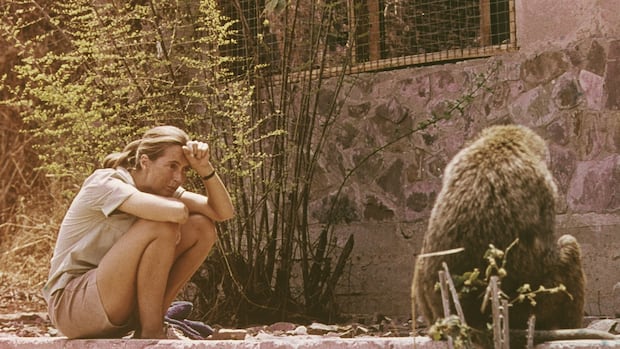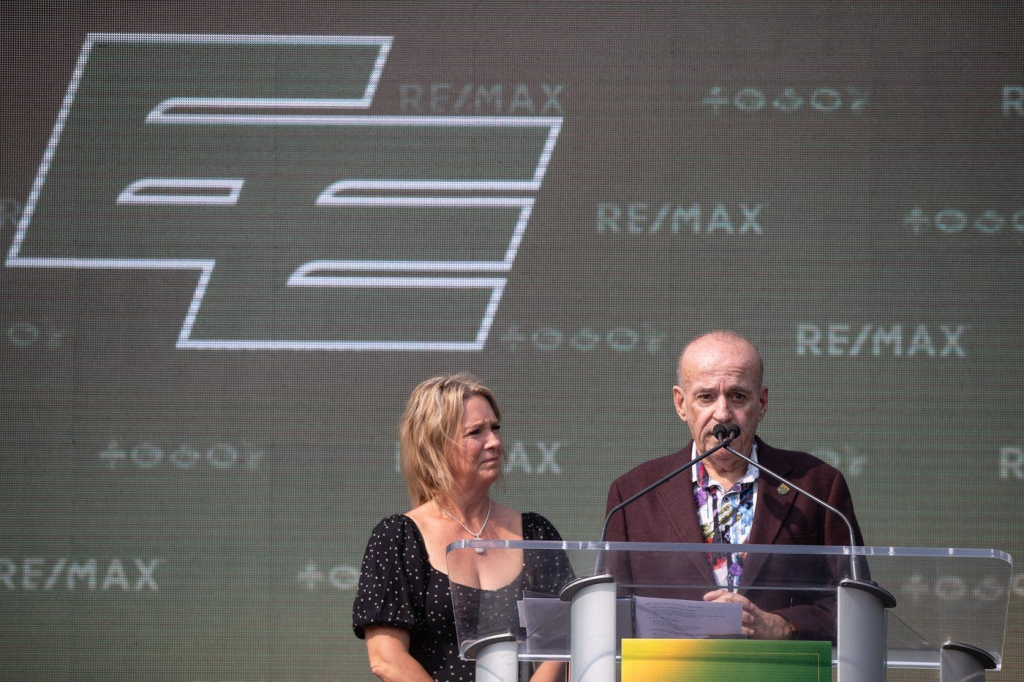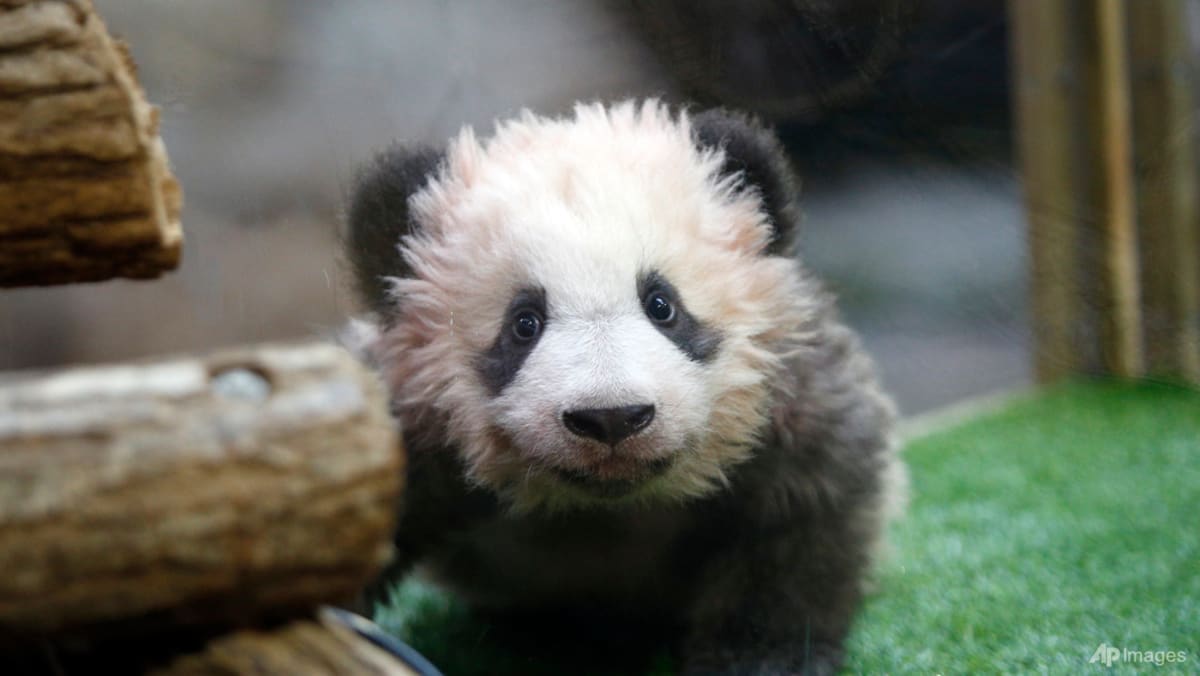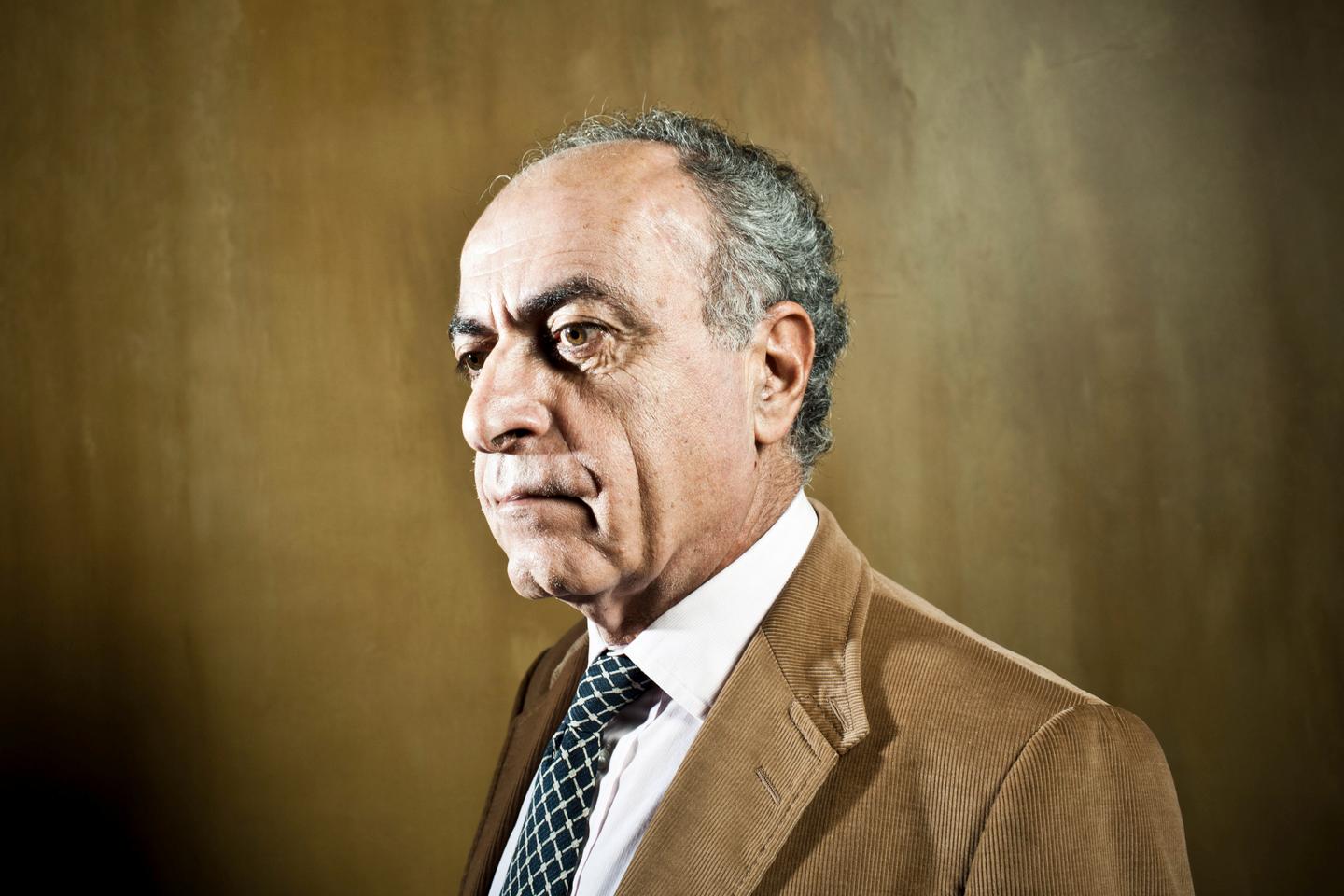Jane Goodall's transformative impact on the field of primatology, inspiring generations of researchers and expanding the public's understanding of science and nature, was on full display as reactions to her death flowed in on Wednesday.
"There's that saying that we all stand on the shoulders of giants. She's one of those giants for me and for most primatologists, I would say an incredibly good role model," said Ammie Kalan, a primatologist at the University of Victoria.
Kalan said that she spoke about Goodall to a group of first-year anthropology students just last week, using her as an example of a pioneer who helped shape the field. Goodall, who was 91, was active until the end and in the middle of a speaking tour at the time she died.
She was set to speak at the University of California on Friday, and had recently been to Canada, speaking in Toronto and Ottawa in early September.
"You don't need to have a degree to learn about nature, you can learn as I did. I used to have a nature notebook. I drew the little insects and butterflies and birds that I saw, and that makes you a biologist," she said on stage at Meridian Hall in Toronto last month, answering a question from a young woman about how to get started in biology.
Goodall, seen here in 2009, was an active speaker and advocate until the end. She was in the middle of a speaking tour when she died Wednesday at 91. (Katy Winn/The Associated Press)
A long, trailblazing career
Goodall was only 29 when National Geographic published her iconic research on the lives of chimpanzees in Gombe Stream Reserve (now a national park) in Tanzania. The 1963 account revealed for the first time how chimpanzees raised their young, organized hierarchies and communities and even how they used tools.
But beyond the scientific breakthroughs, Goodall became an icon through her writing, which vividly described her experiences working in the rainforest, and facing arduous conditions involving malaria, snakes and other perils against the beautiful backdrop of Lake Tanganyika.
WATCH | Goodall's message to keep fighting for nature: Jane Goodall explains why it’s not too late to save the planet Duration 7:51 CBC’s Matt Galloway talks to famed anthropologist Jane Goodall about why there’s still time to save the planet, the impact of war on the environment and how Sudbury, Ont., is an example of how change can happen.
He work also challenged established views and approaches in a male-dominated scientific community, something that Goodall, from the beginning of her career, was not afraid to confront.
Kerry Bowman, a bioethicist at the University of Toronto who knew Goodall personally, said one of the first things she did at Gombe was to give the chimpanzees names. She got pushback from the scientific community that, at the time, did not take such personal approaches.
"She really was able to see the beauty in non-human life, chimpanzees and others," he said.
"And she was able to say, 'Yes, I'm focused on science and yes, I'm a scientist. But these creatures are magnificent and we love them and they're part of the world story.' "
Goodall, pictured here at a climate march in New York in 2014 with former U.S. vice-president Al Gore, former New York mayor Bill de Blasio and former UN secretary general Ban Ki-moon. Goodall went beyond research and became one of the most prominent advocates for nature conservation during her career. (Craig Ruttle/The Associated Press)
Bowman has sat on the board of the global branch of the Jane Goodall Institute, the global non-profit organization that was founded in 1977 and is a vehicle for Goodall's nature advocacy work, funding and promoting the protection of primates and other animals.
"She goes far beyond just being someone who studies chimpanzees," Kalan said.
"She's become kind of an advocate for the Earth, I would say, someone who really just demonstrates and has lived her life trying to explain the importance of valuing the natural world."
The Jane Goodall Institute has become one of the largest advocacy and conservation organizations in the world, with chapters in 35 countries, including Canada. Goodall's reach is so wide that Bowman says he has even travelled to North Korea, one of the most isolated countries, for work related to the institute.
"She is living proof as to the power of the individual. That's what she would so often say when she was speaking — don't be defeated because you're one person," Bowman said.
"It's just incredible how much good she brought into this world."
With files from Anand Ram and Jill English
[SRC] https://www.cbc.ca/news/science/jane-goodall-advocate-for-the-earth-1.7648769
 Visit the website
Visit the website






